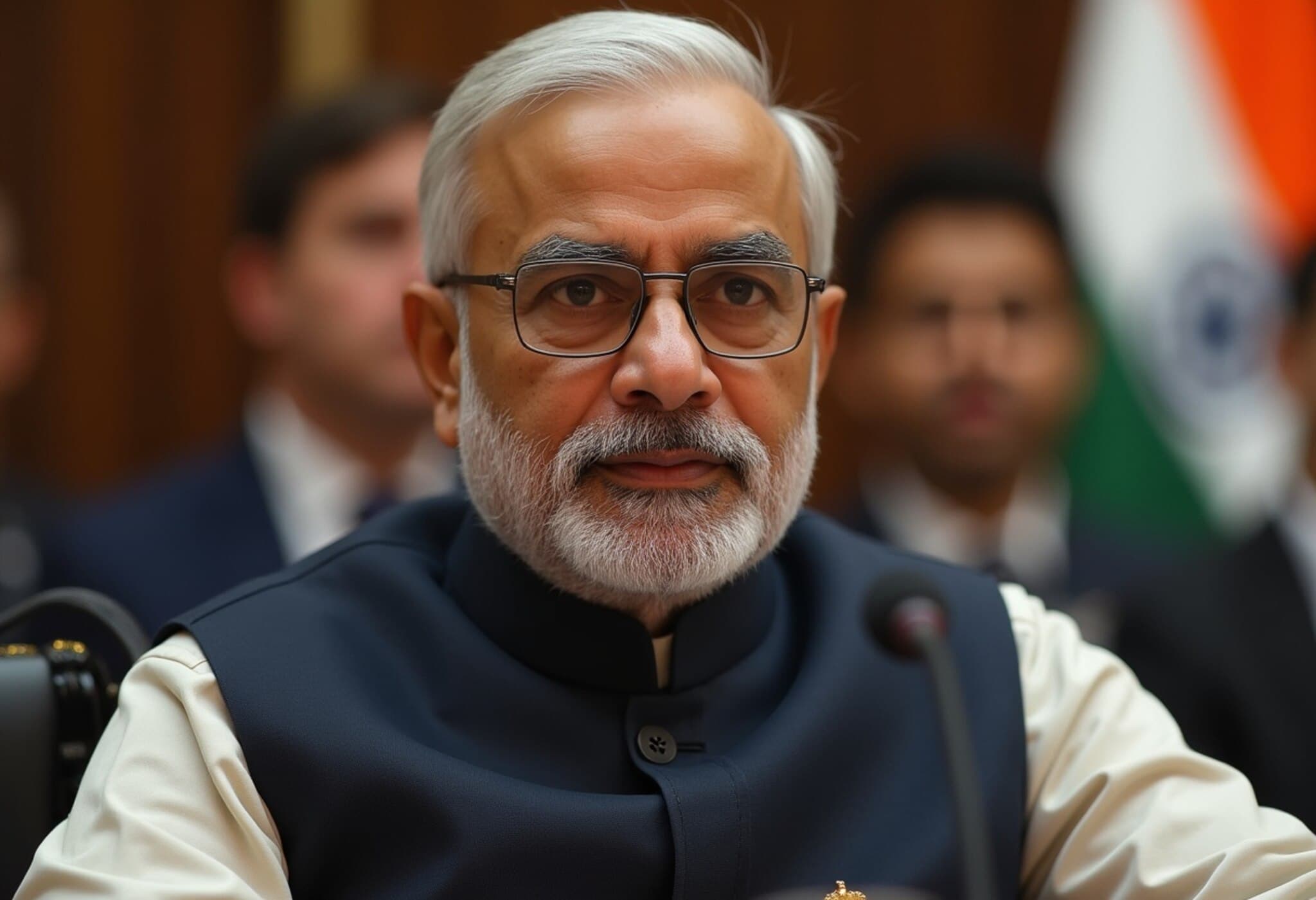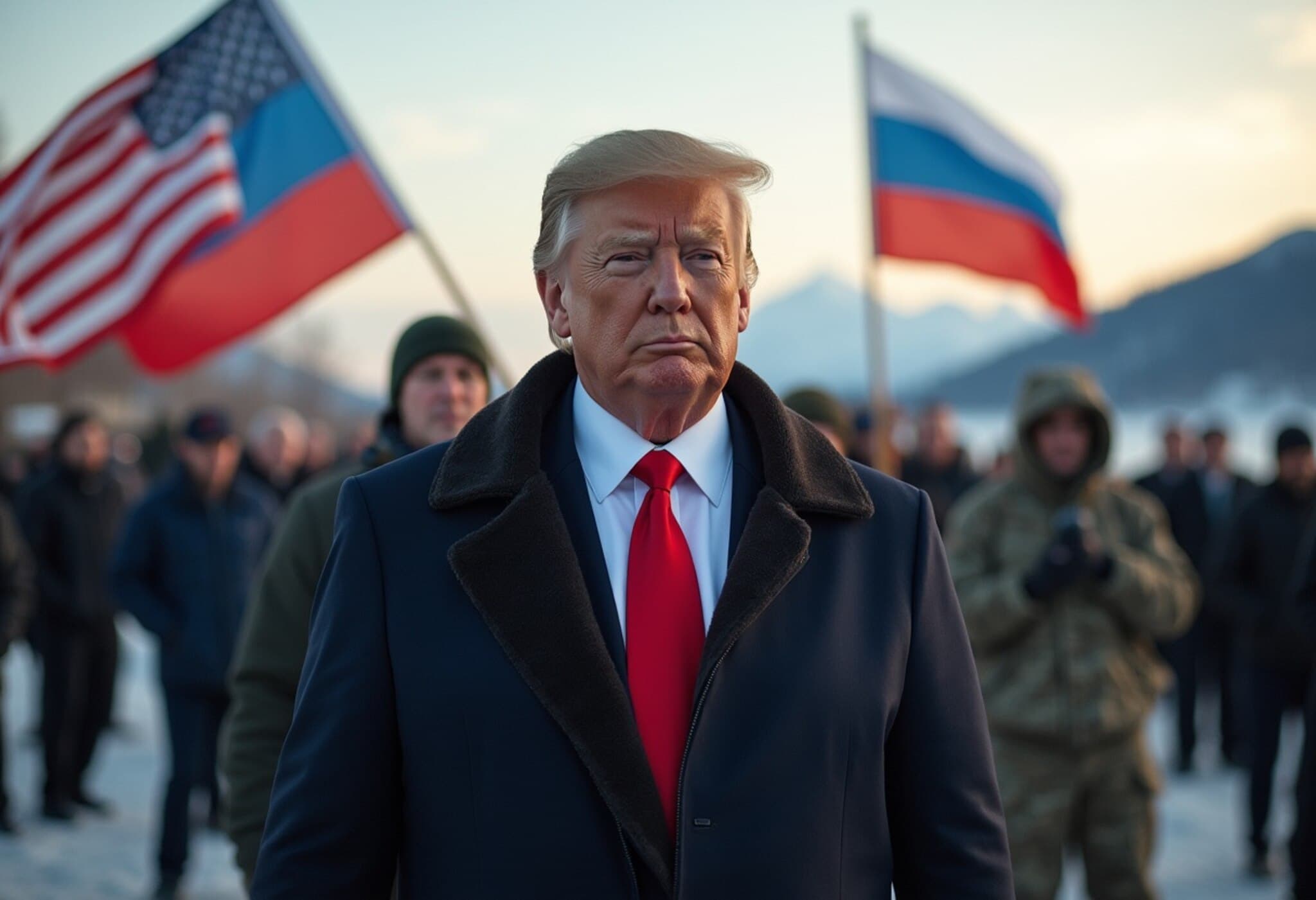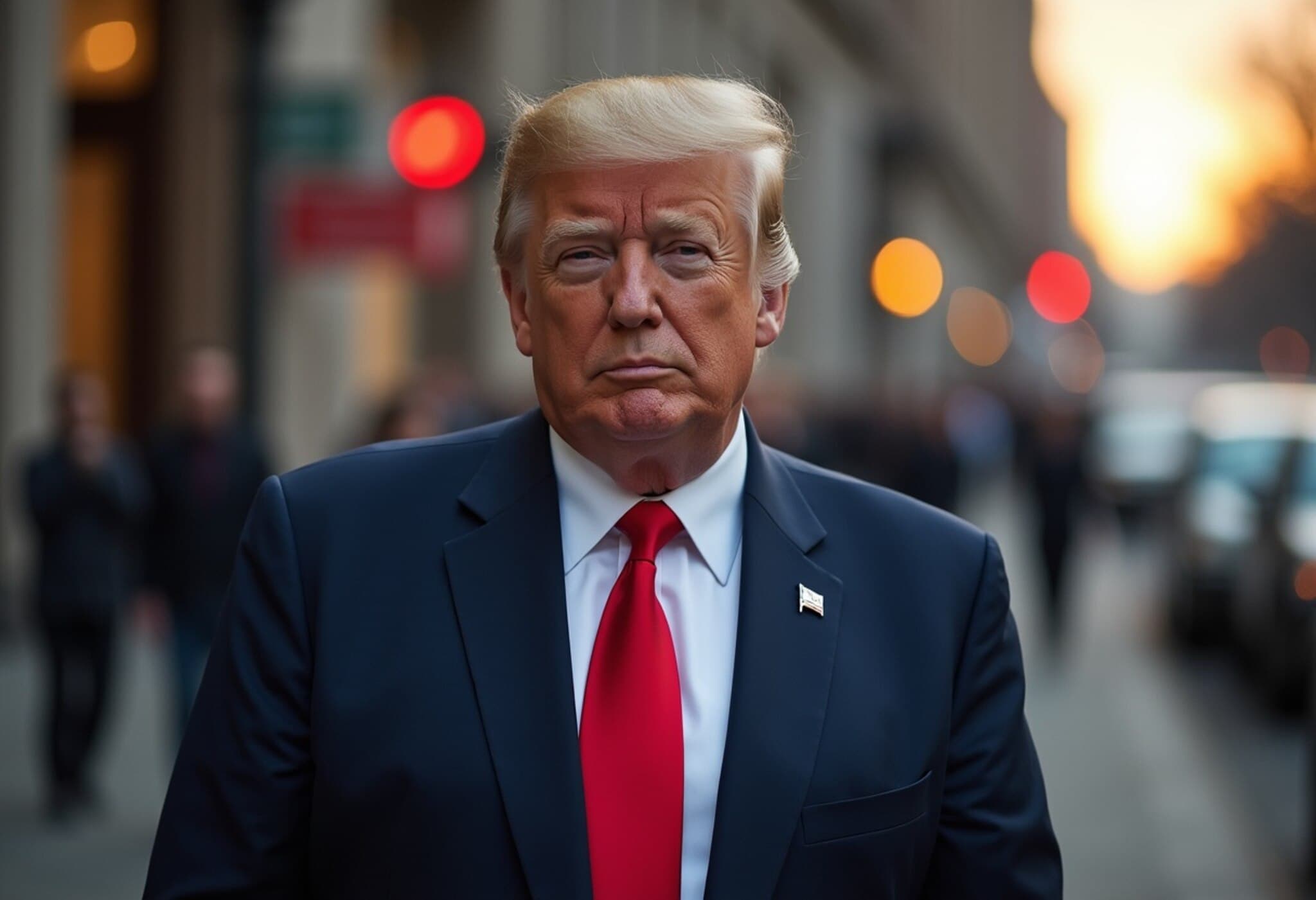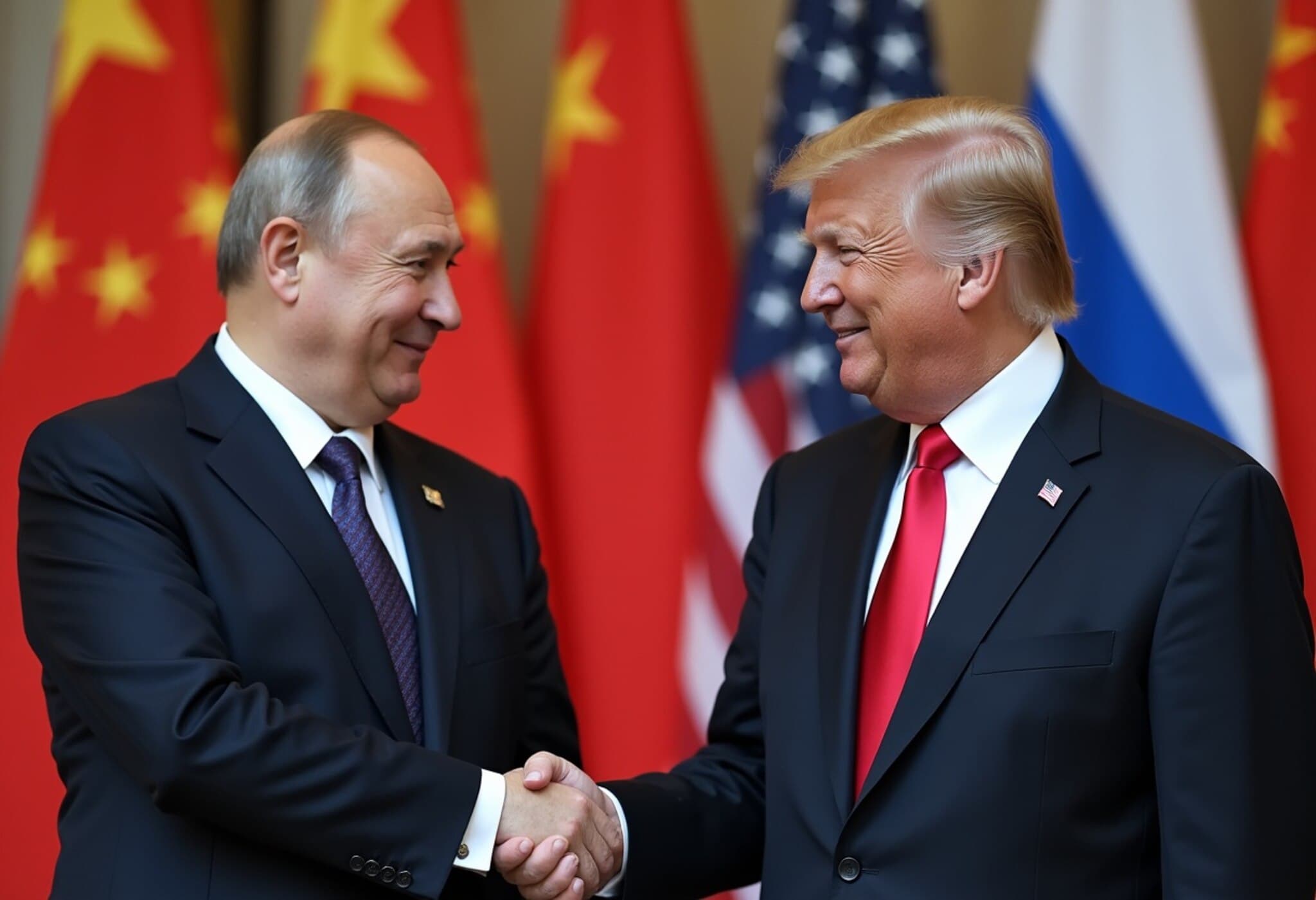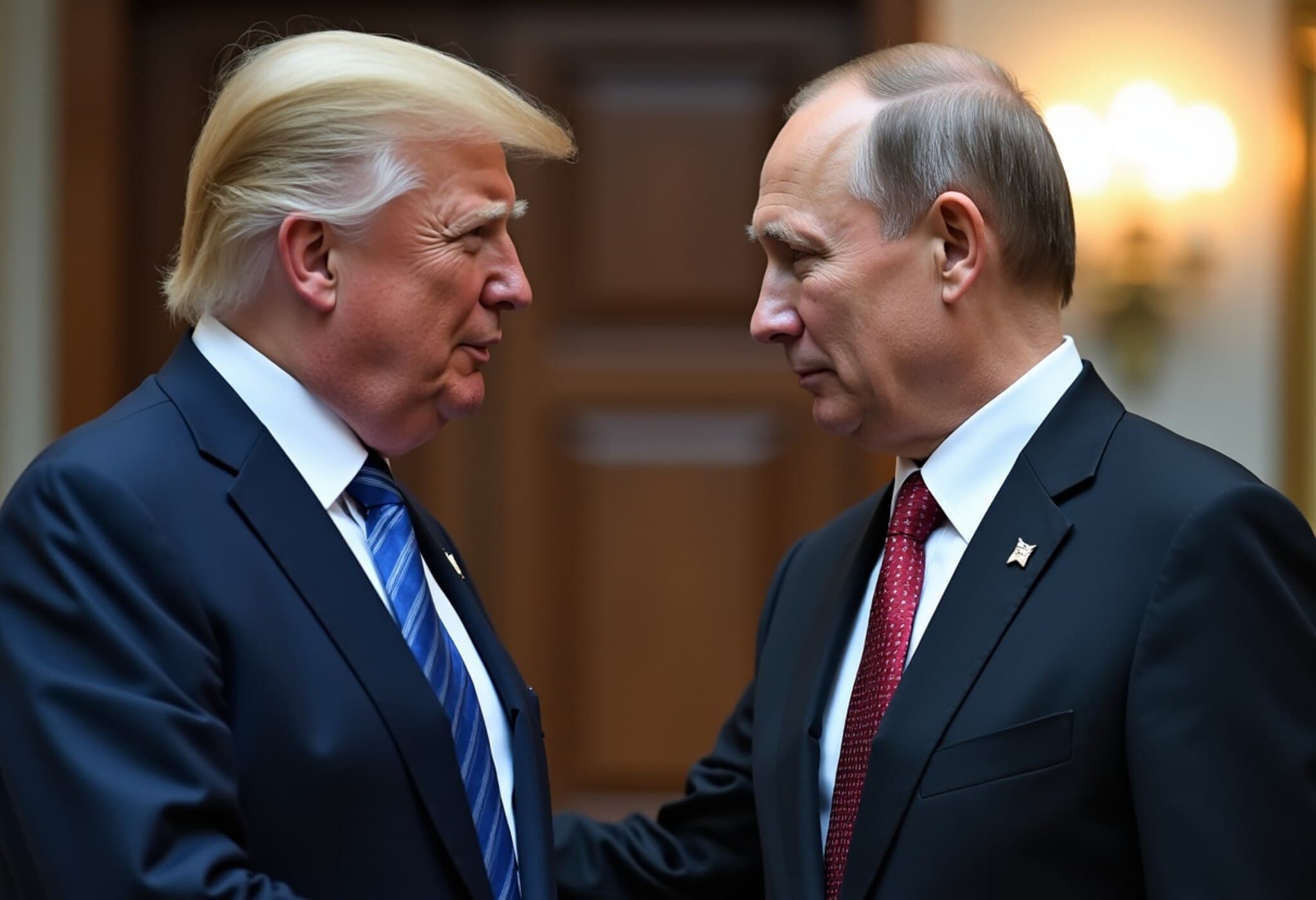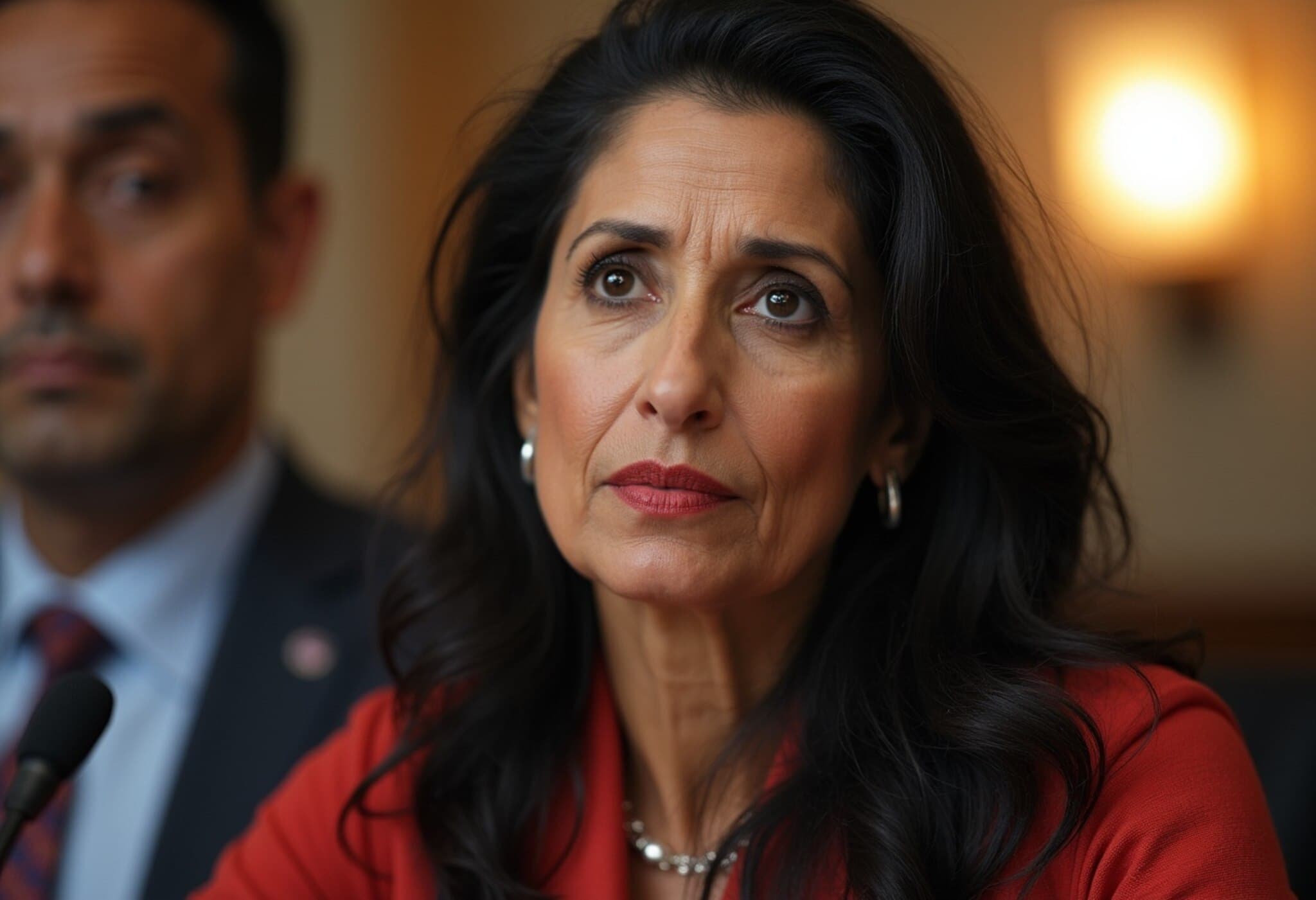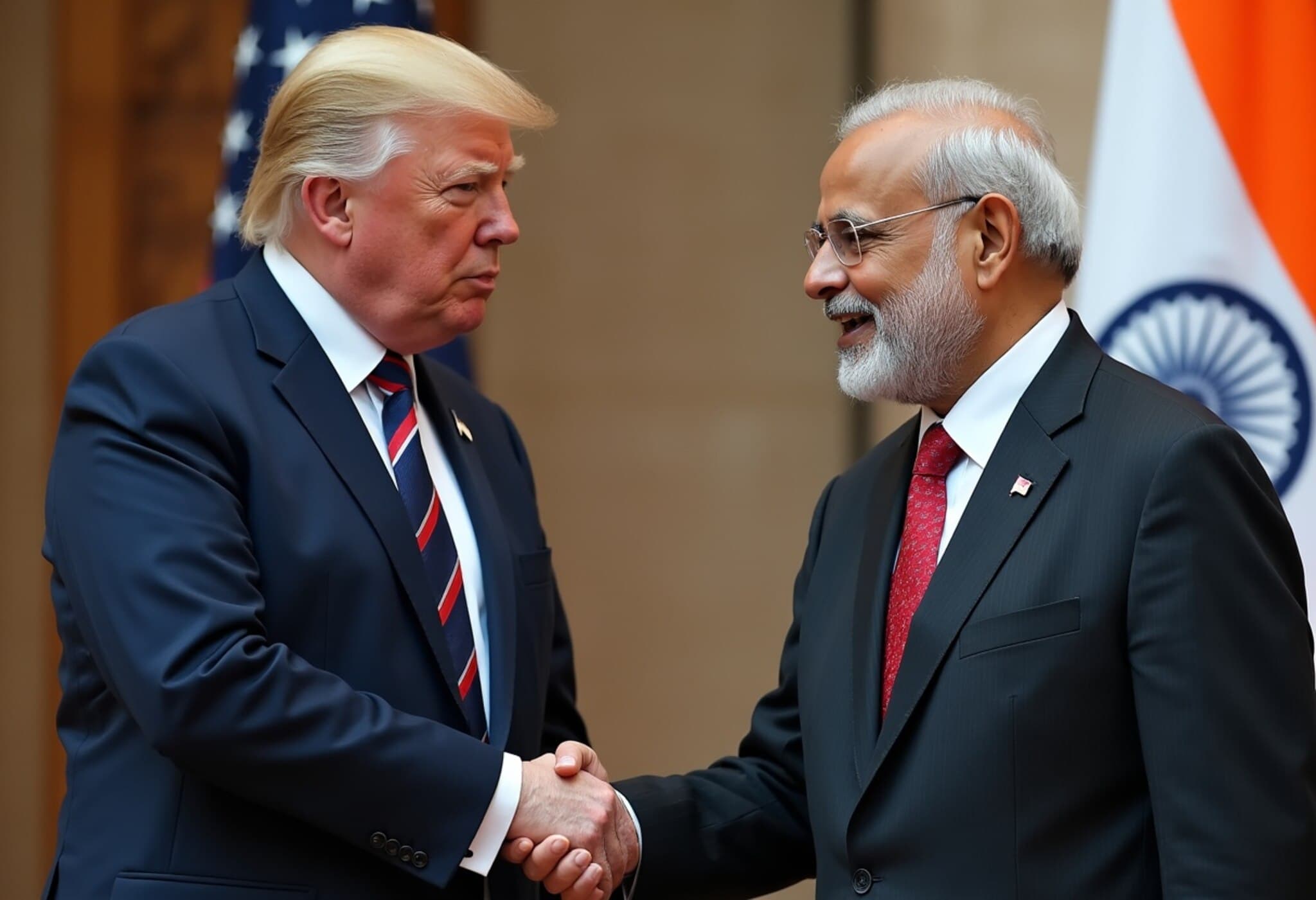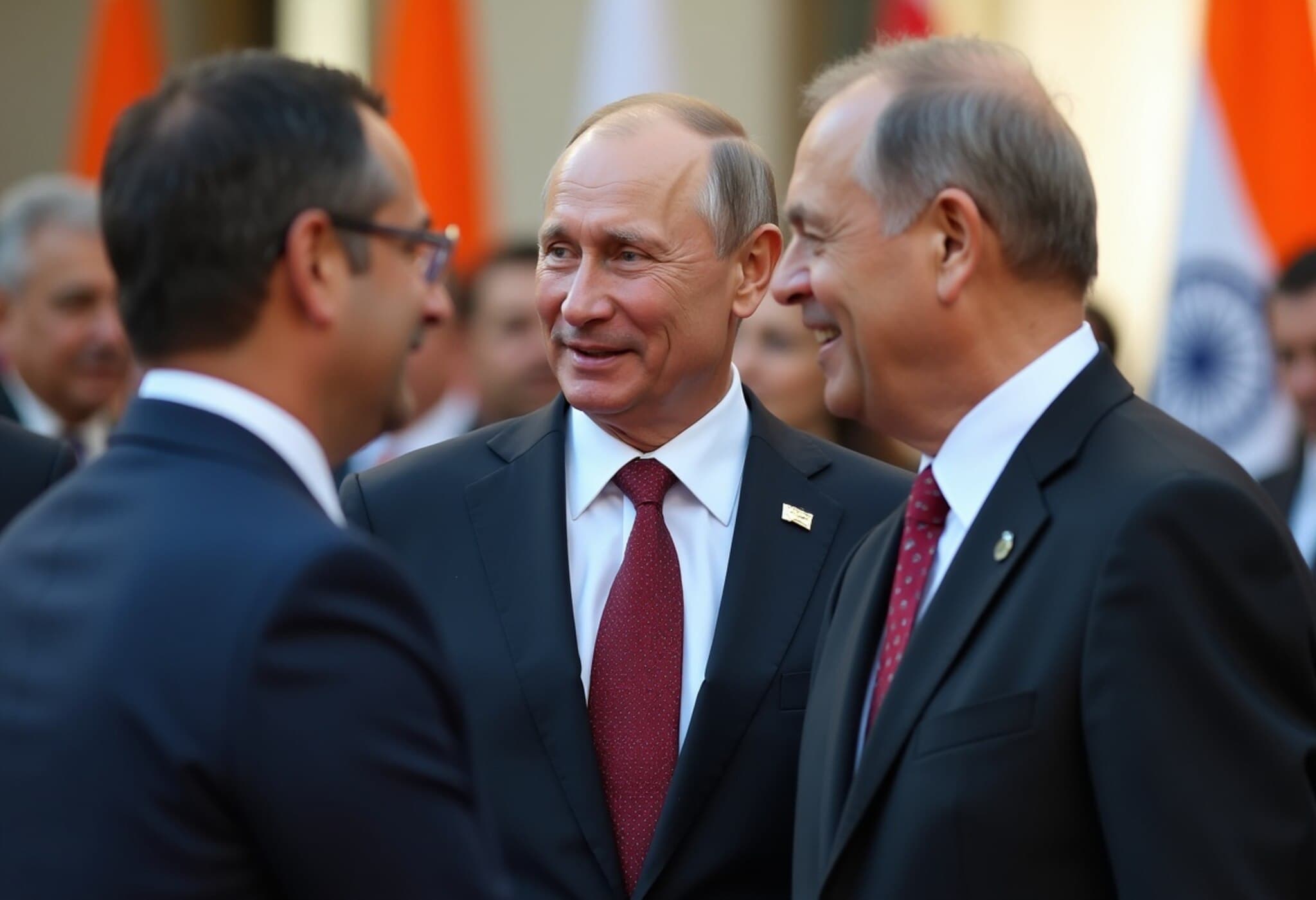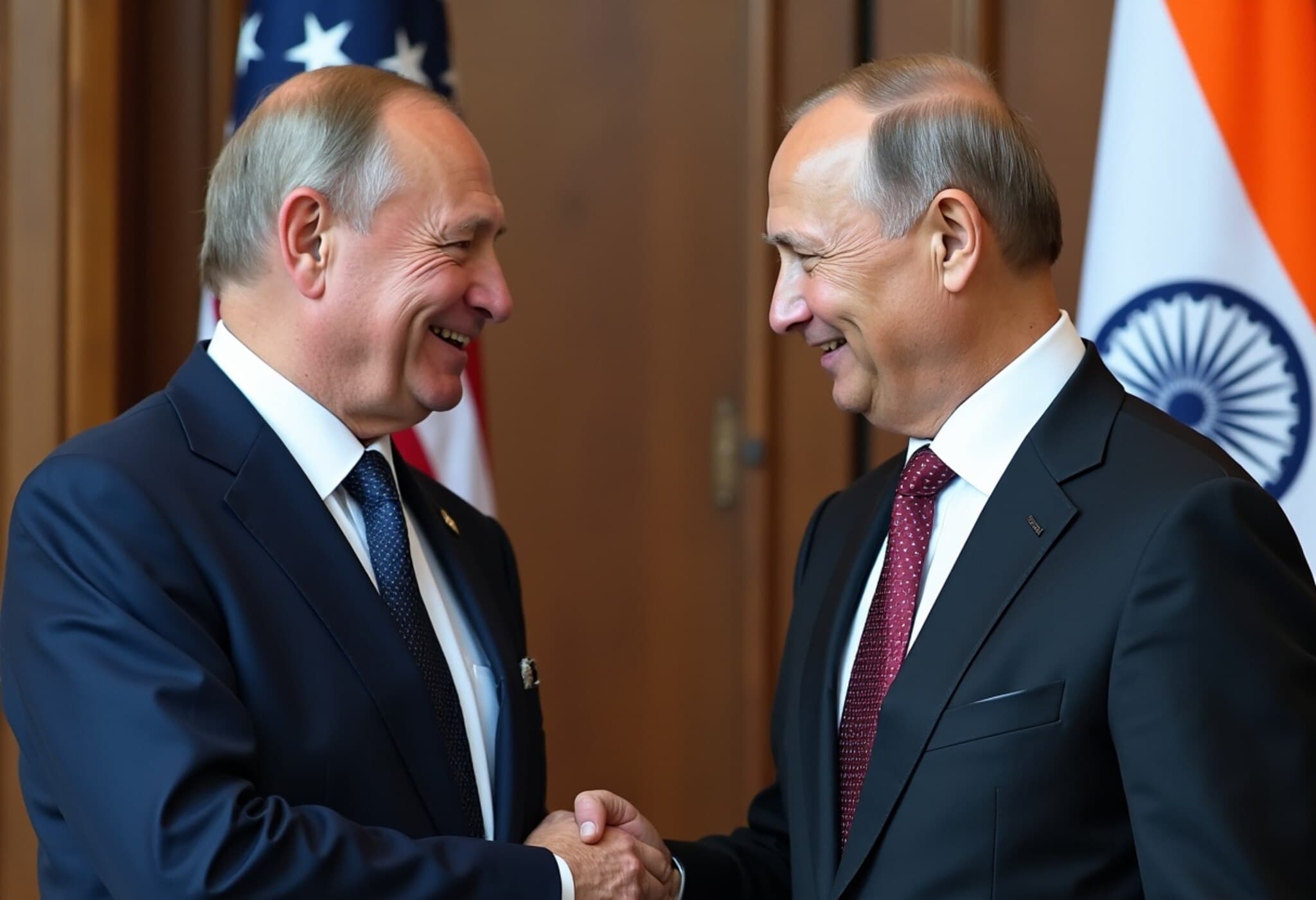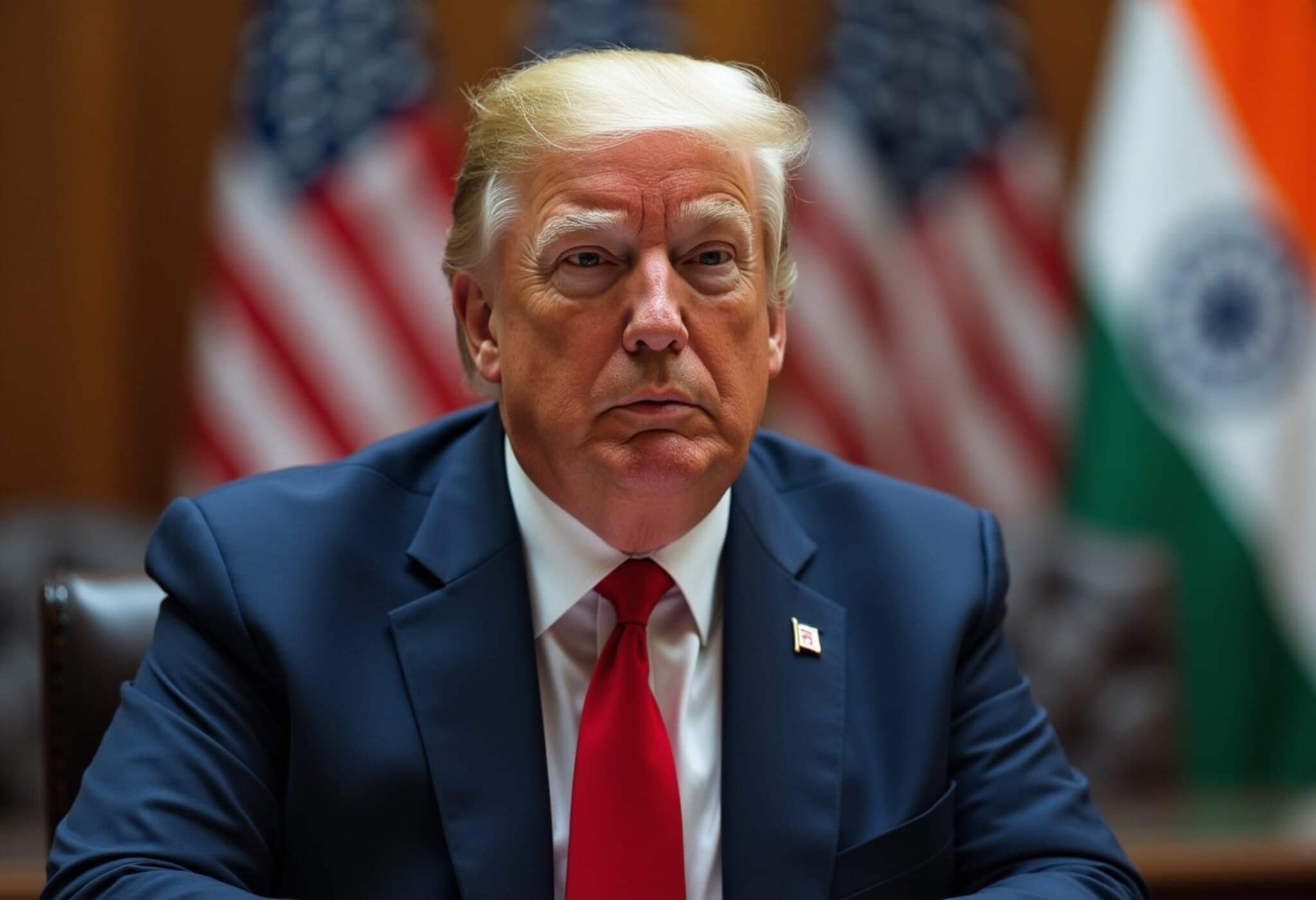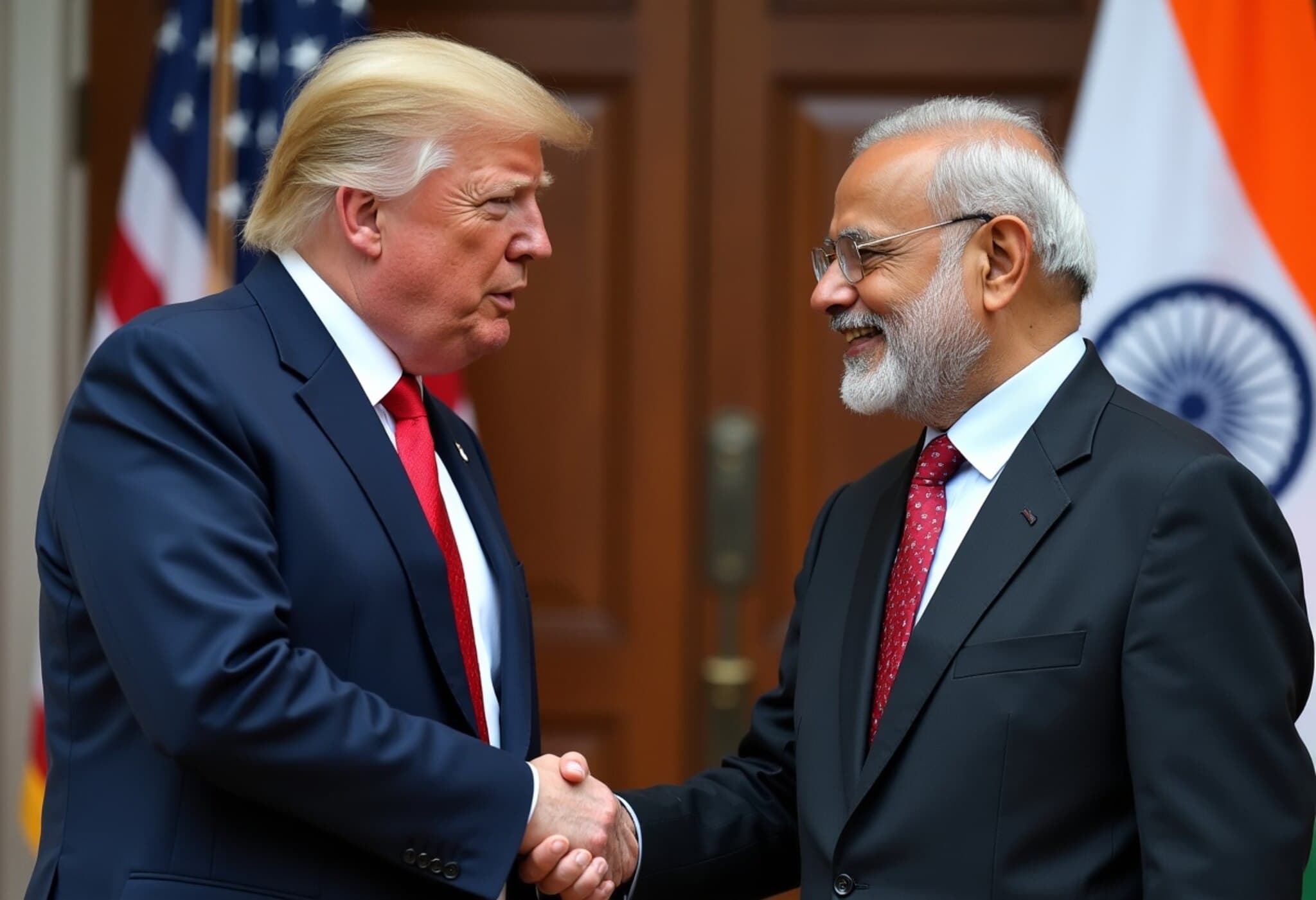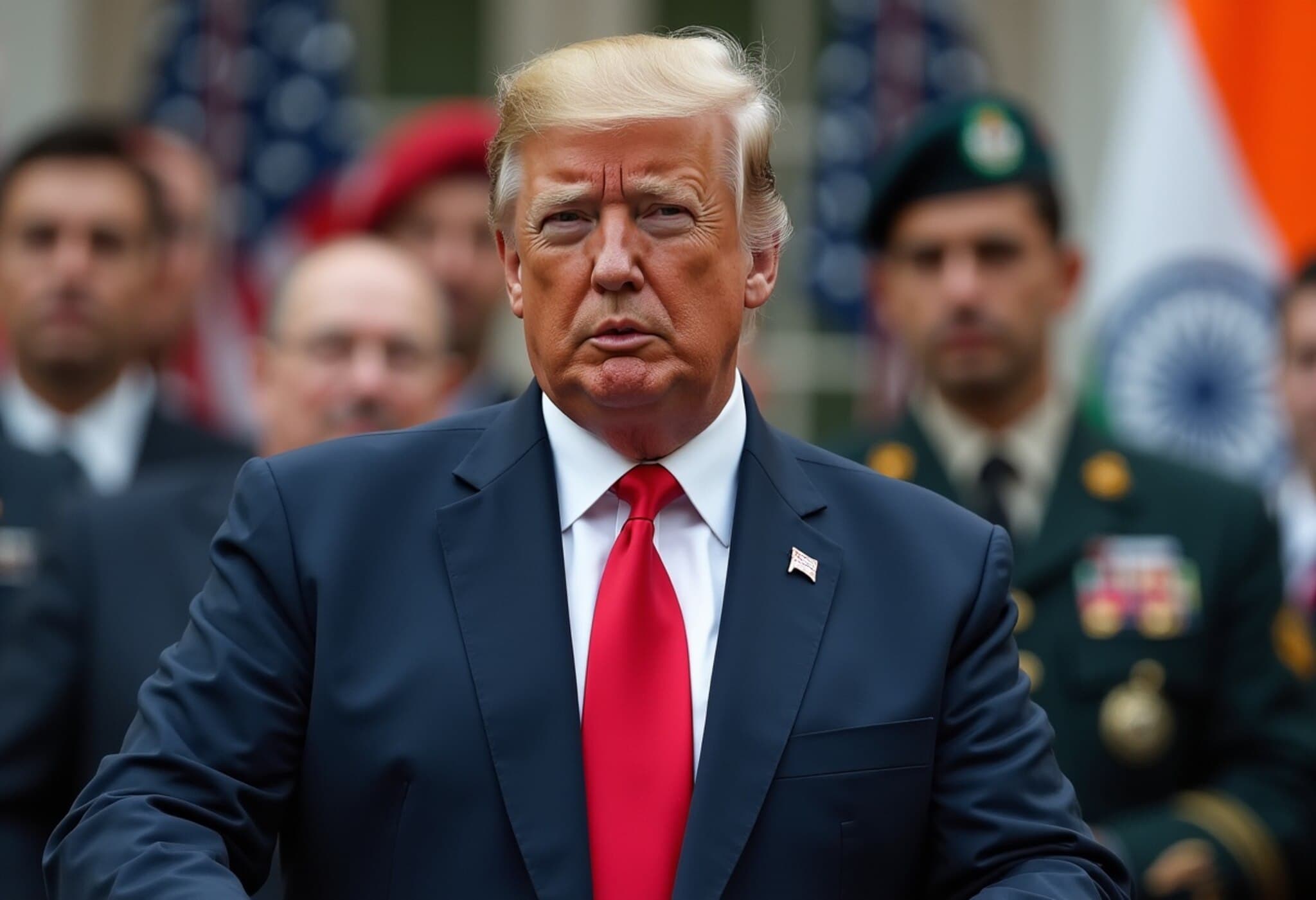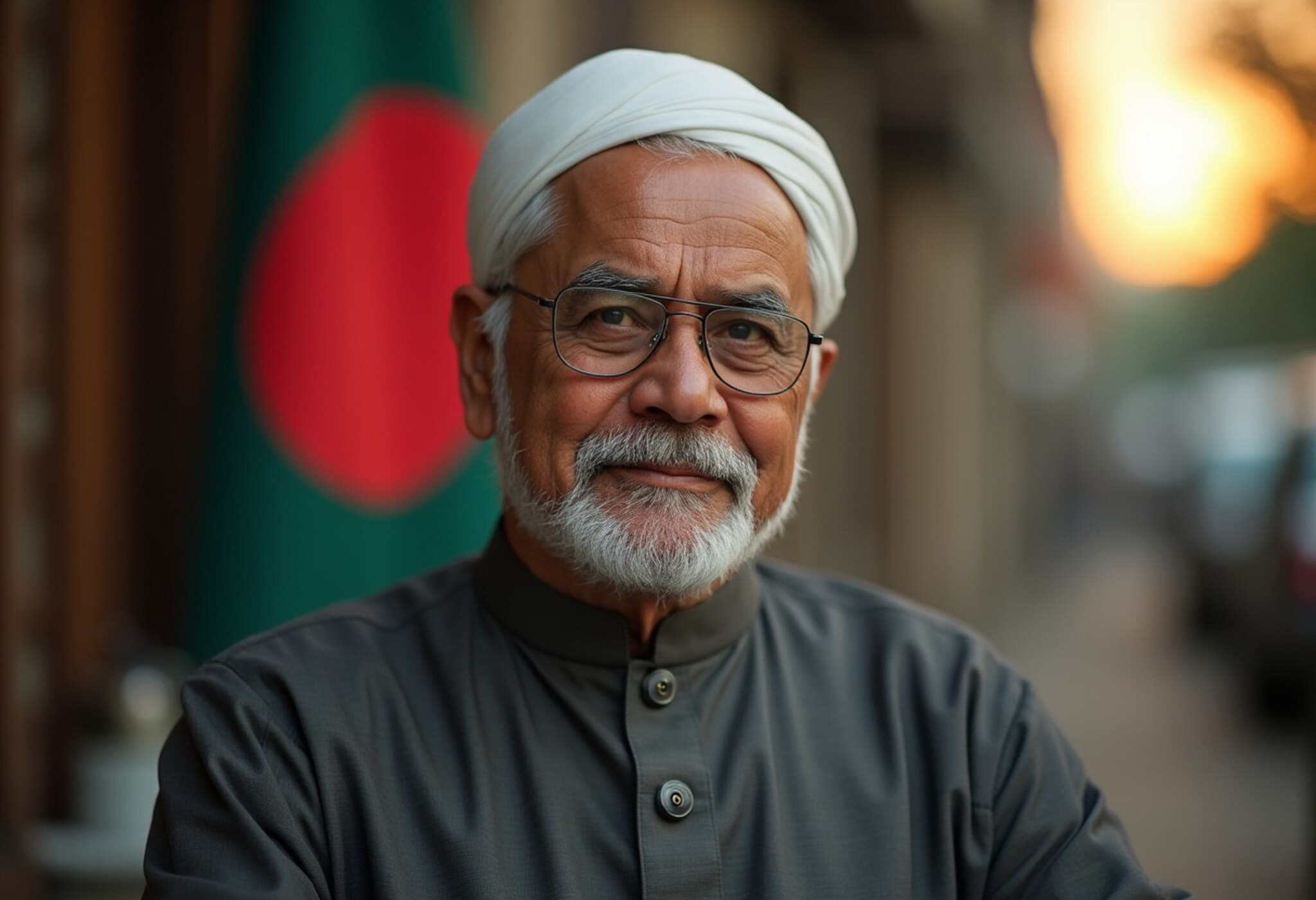Former UN Ambassador Nikki Haley Criticizes Trump's Tariff Plans on India
In a sharp rebuke of former President Donald Trump’s recent tariff threats against India, Nikki Haley, former United States Ambassador to the United Nations, has accused Trump of unfairly targeting a key strategic partner while giving leniency to China. Haley’s comments come amid Trump's declaration to substantially hike tariffs on Indian imports, citing New Delhi’s ongoing purchase of Russian oil as a primary concern.
Haley Highlights Discrepancy in US Tariff Policy Towards China and India
On the social media platform X, Haley pointed out a glaring contradiction in the Trump administration’s approach to trade sanctions related to Russian oil. She noted that China—America’s primary geopolitical rival and the largest importer of Russian and Iranian oil—was granted a 90-day tariff exemption, while India, described as a strong ally, faces escalating tariffs. Haley warned, “Don’t give China a pass and burn a relationship with a strong ally like India.”
Trump’s Tariff Threats: Context and Criticism
Trump’s announcement came shortly after accusing India of fueling the Russian war effort through its oil purchases. Speaking to CNBC, he said, “They’re fueling the war machine, and if they’re going to do that, then I’m not going to be happy.” He threatened to raise tariffs on Indian imports from the current 25% to a significantly higher rate, although he did not specify exact figures.
Trump also accused India of reselling Russian oil on the open market for profit, an assertion that has drawn skepticism from many energy market experts and diplomats.
India’s Response: Sovereign Energy Decisions and Global Market Realities
The Indian government swiftly condemned the tariff threat as “unjustified and unreasonable”. A spokesperson from India’s Ministry of External Affairs emphasized that India’s imports of Russian oil are driven by market needs and energy security imperatives, especially since traditional suppliers have redirected exports to Europe following the Ukraine conflict.
The statement underscored that India began importing Russian oil with encouragement from the United States at the conflict’s onset to support global energy market stability. Furthermore, India highlighted that many Western nations continue extensive trade with Russia, including the European Union’s reported €67.5 billion trade in goods with Russia in 2024 and the U.S.’s ongoing imports of critical materials like uranium hexafluoride and palladium.
Geopolitical and Economic Implications
The dispute reflects a deeper global tension where energy security, economic interests, and geopolitical alliances intersect. Experts warn that forbidding India from importing Russian oil could disrupt the global oil supply chain, potentially sending crude prices soaring to historic highs—upwards of $200 per barrel—thus exacerbating inflation globally and hitting consumers hard.
India, a burgeoning economic powerhouse and a key player in international diplomacy, asserts its sovereign right to navigate energy partnerships based on national interests without external pressures clouded by great power rivalries.
Expert Insights: The U.S.-India-China Triangle
Haley’s pointed criticism shines a light on the complex balancing act the United States faces in its India and China policies. China’s privileged treatment raises important questions about consistency in American trade sanctions and geopolitical strategy. As the two Asian giants evolve economically and militarily, Washington’s ability to maintain strong partnerships without alienating key players will be critical.
Moreover, the episode highlights the challenge of navigating sanctions in a multipolar world where economic interdependencies complicate straightforward punitive measures.
Looking Ahead
As dialogue continues, policymakers must weigh the risks of straining relations with India, a vital strategic ally in the Indo-Pacific, against the imperative to pressure Russia economically. With global energy markets still reeling from geopolitical shocks, nuanced, transparent diplomacy paired with pragmatic economic policies will be pivotal in sustaining alliances and market stability.
Editor’s Note:
While the debate over tariffs and energy imports may seem technical, it underscores fundamental questions about trust, fairness, and strategic priorities in international relations. How does the U.S. reconcile the need to sanction adversarial behavior with maintaining robust alliances? And can tariffs serve as an effective tool without unintended geopolitical fallout? As global energy markets and power dynamics shift, these questions will demand close attention from analysts, policymakers, and citizens alike.





